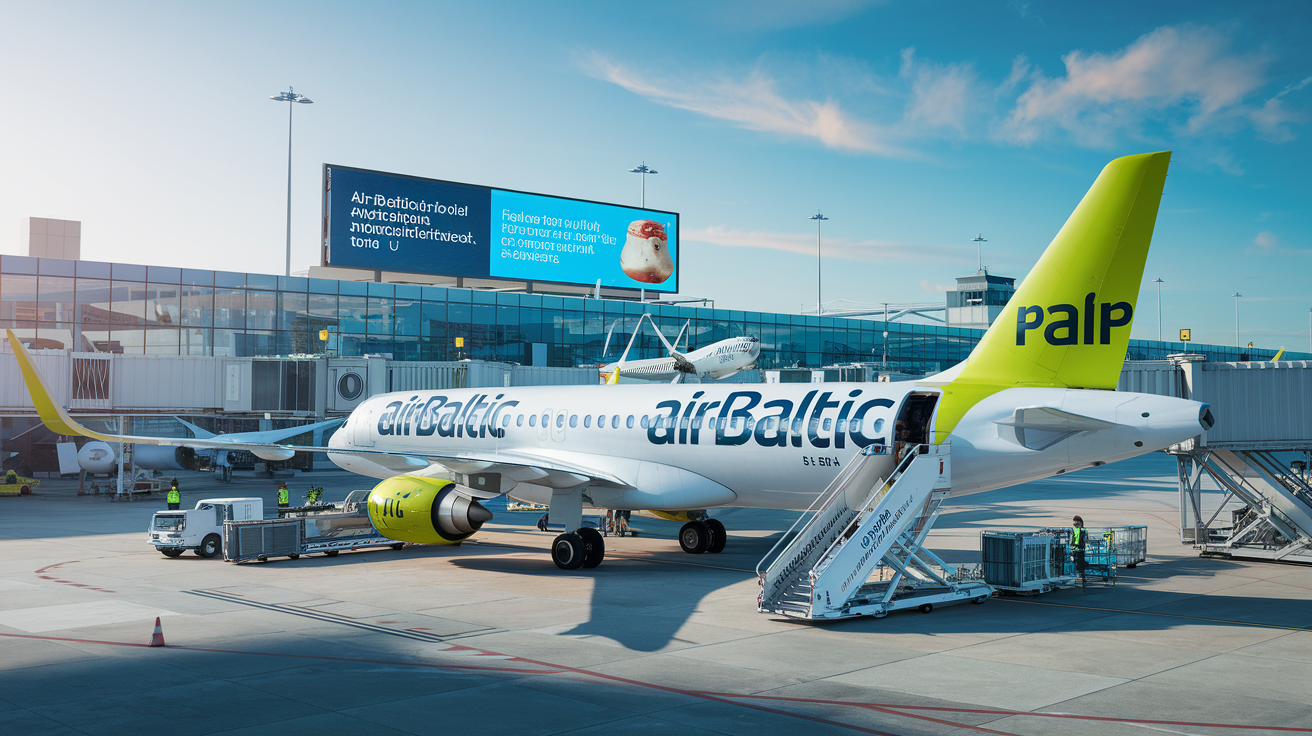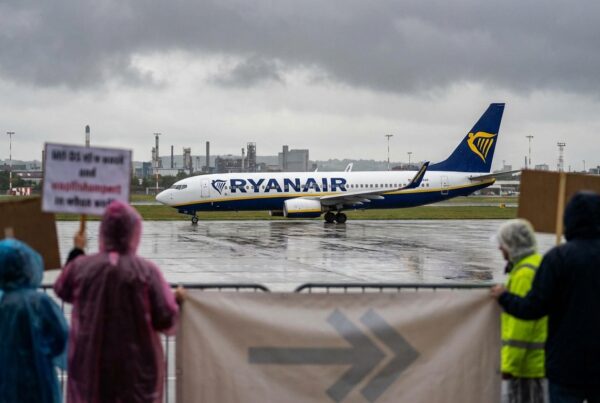Latvian airline AirBaltic recently responded firmly to false allegations relayed by certain media outlets about its fuel supplies. It refuted rumors that it buys Russian fuel. The company has clarified that it does not source from Russia, underlining its commitment to respecting international rules and current sanctions. This clarification is intended to set the record straight and dispel any misunderstandings that could affect its reputation. AirBaltic remains committed to maintaining transparency with its passengers and business partners.
In a tense international climate, the airline AirBaltic was recently confronted with allegations that it was sourcing fuel by Russia. Faced with these accusations, AirBaltic felt it necessary to provide clear and precise explanations to dispel any misunderstanding and reassure both its passengers and partners.
Misinformation spread
Numerous media outlets have relayed reports that AirBaltic is sourcing fuel from Russia. These rumors have gained momentum in the context of current geopolitical tensions, where every business relationship between a European player and Russia arouses suspicion and heated debate. However, AirBaltic maintains that these allegations are unfounded and based on misinterpretations of the true facts.
Transparency from AirBaltic
The airline has issued an official statement declaring that it does not purchase fuel from Russia under any circumstances. AirBaltic is committed to a policy of transparency and invited all interested parties to check their supply chains. She insisted on building trusted partnerships with European suppliers who scrupulously respect international regulations on trade and energy security.
Consequences of European sanctions
It is worth remembering that the EU regulation 2024/1745the so-called "14th sanctions package", has imposed new import and export bans on Russia. These restrictive rules are designed to ensure that no economic return benefits the Russian state in the context of the war in Ukraine. AirBaltic, like all European companies, is obliged to follow these directives scrupulously, thus reducing the possibility of its commercial interactions with Russia.
The challenges of fuel supply
In addition to clarifying its position, AirBaltic spoke of the growing logistical and economic challenges it faces in guaranteeing a stable supply of fuel airlines. This challenge is shared by many other airlines around the world. The situation is further complicated by phenomena such as the JET-A1 fuel shortage in Cuba, which is affecting operations at several airports, and drone attacks disrupting fuel logistics in Russia.
AirBaltic's strong commitment to innovation and the environment
In the face of these challenges, AirBaltic is not sitting idly by. The company is taking a close look at alternative solutions, and plans to collaborate with partners seeking to innovate in the field of fuels. Attention to biofuels and other forms of sustainable fuel could soon be tested for more environmentally-friendly flights, as demonstrated by recent projects run by Air France and other major players in the airline industry.

AirBaltic clarifies fuel situation
| Element | Information |
| Fuel origin | AirBaltic does not source from Russia |
| Media rumors | Based on incorrect information |
| Official response | Public statement of rebuttal |
| Support from the authorities | AirBaltic maintains its integrity |
| Transparency | Provides proof of fuel sources |
| Impact on image | Aimed at restoring public confidence |
| Economic consequences | No direct impact reported |
| International relations | No change in current agreements |
| Communication strategy | Reactive to counter false information |
| Commitment to the future | Ensuring ongoing transparency |




